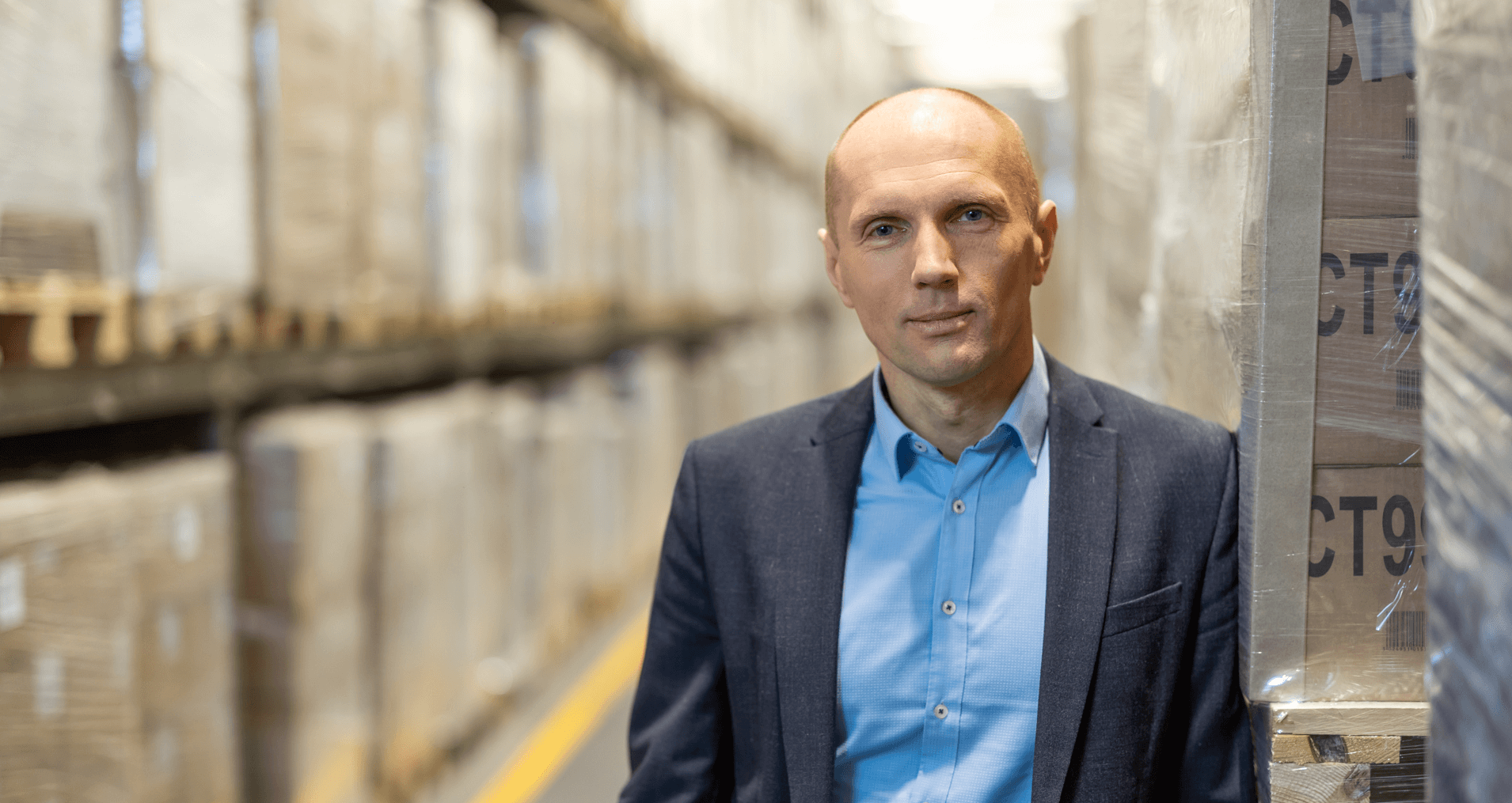Plasta Group Publishes Its Sustainability Goals: “We Need to Define Better What Eco-Friendly Means”
The largest region‘s plastic recycler and manufacturer, Plasta Group, which provides waste bags and film to consumers and commercial clients, has just released its first ESG strategy. According to the Group‘s CEO, Maciej Plamieniak, even though the Group is already the European leader in terms of thin, durable bin liners produced from 100% of post-consumer waste and production made from as much as 60% of household waste, progress in the sustainability area is inevitable as it keeps the Group ahead of competition and helps to build a better future at the same time.
Clear direction for tangible results
In the newly published ESG strategy, Plasta Group, which unifies plastic recycling and manufacturing companies Plasta and Gerovė in Lithuania and Rullpack in Sweden, as well as other infrastructure and sales-related companies in Germany and Lithuania, laid out a sustainability and social responsibility agenda. It is centered on reducing waste through manufacturing from post-consumer recycled materials, driving innovation for enhanced energy efficiency and resilience, and fostering an ethically governed organization that is supportive of its employees.
The outlined vision includes strategic manufacturing goals aimed at reducing CO2 emissions, minimizing plastic waste, securing environmental certifications, conserving water, and promoting innovative eco-friendly production practices. The Group aims to allocate a substantial portion of investments towards innovative sustainability solutions, targeting 30% or more.
“We made sure that all the targets we outline can be measured and audited. In addition, we keep listening to our stakeholders (customers, suppliers, and regulators) to stay on top of what matters for them regarding sustainability – based on that, we might add new initiatives to our plan”, says M. Plamieniak.
A need to change the perception of consumers
Plasta Group’s environmental commitments are stringent because the Group has the chance to participate in a circular process of production, and while recyclers can retrieve once-used plastic, the process is not waste-free. This is why Plasta Group is implementing various infrastructural changes to reduce the impact of plastic recycling.
“So far “eco-friendly” in garbage bags and films market has meant “made from recycled materials”. We are working closely with our customers to specify the “eco-friendly” definition further. In our view, film products should not only be made from recycled materials but mainly from post-consumer plastic waste (including household waste). In addition, the supply chain process should save energy and water, limit any pollutants released into the environment, and provide a good and safe working place for employees. We consult and share our vision and policies with our customers – only working together can we achieve necessary changes in understanding what is “green” or “eco-friendly”, says M. Plamieniak.
A headstart on achieving the goals
According to the Group’s CEO, compared to other companies in the sustainable plastics market, Plasta Group has already accumulated vast experience in sustainability projects.
“Process and product innovation have always been at the heart of Plasta Group’s business model. We were one of the first to develop and install LDPE film recycling lines, well before recycling was “trendy”. We also worked out a manufacturing model where the recycled plastic granulate production process is strictly driven by the quality requirement of all types of our film products”, says M. Plamieniak.
This year, Plasta manufacturing plant in Vilnius has seen several improvements, which led to increased production capacity and circularity. A fully automatized optical post-consumer plastic waste sorting plant was installed on the premises, which helped to increase the capacity of household waste recycled in Plasta significantly. To improve water waste management, new post-consumer waste washing and water treatment equipment lines were installed — as recycling is a highly water-demanding process, the improvement will help save this important resource. All of Plasta Group‘s companies use only green energy to run the manufacturing plants.
The efforts of the Group have led to receiving some acknowledged quality and sustainability certifications: Plasta’s production now has a RAL certificate, which indicates exactly how much household waste is used to manufacture a product. It also has a number of ISO certificates — for the quality of its production, high environmental standards for its production processes and corporate activities and Plasta’s occupational health and safety management systems.
The Group plans to issue its first sustainability report in early 2024 — before the EU sustainability reporting requirements will take force. Plasta Group is currently working to obtain an EcoVadis certificate and implement innovations to further reduce companies’ CO2 footprint.
Plasta Group‘s ESG (sustainability) report can be found here.
